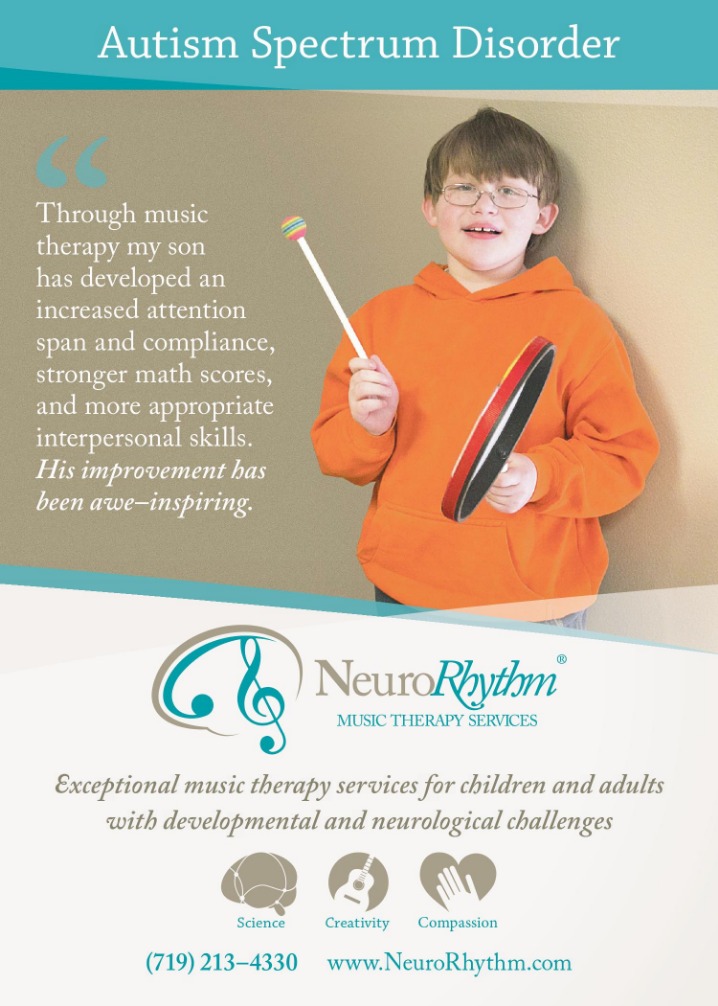
How music therapy benefits the autistic brain
Parents not only play an important role in the early diagnosis of the child, but also occupy an irreplaceable position in the later intervention treatment. Parental involvement contributes to the development of parent-child relationships and the development of children’s early social interaction skills. Music therapy is effective because it stimulates both hemispheres of the brain. This is important because it allows for cognitive functioning to improve and can promote speech and language development. For example, when a child is singing, they are using both sides of their brain, which can help them process and understand language more effectively.
Music can even play a role in supporting social relationships, communication, emotional regulation, and more. Another challenge is that not all individuals with autism may respond equally well to music therapy. Some may require additional support or modifications to the therapy approach in order to see meaningful results.
How Music Therapy Builds Skills
It is believed by some experts that the calming influence of music therapy and its potential to reduce some challenging behaviors makes it a good intervention to use in combination with ABA therapy. On top of that, the study found increased activity in the frontal-motor region of the brain, showing that music helped kids with autism be more coordinated in everyday tasks like walking and drinking. Music therapy offers flexibility to tailor interventions to every child’s preferences and sensitivities. Because of that, therapists often work closely with parents to understand the child’s strengths and challenges. Autistic people often show a heightened interest and response to music, making it an excellent therapeutic tool for working with them. Music therapy can also help people with sensory sensitivity to certain sounds to cope with sound sensitivities or individual differences in auditory processing.
Children on the spectrum often appear distant or aloof because they aren’t able to respond to nonverbal forms of communication like facial expressions. Music offers these children opportunities for personal experiences, which open the door to emotional processing, validation, mood elevation, and most importantly, the connections that are often missing from their lives.
Music Therapy And Autism: Key Benefits
This is another video from Ryan Judd of Rhythm Tree music therapy where he showcases an Adult with Autism shining during a music therapy session. Subjects within music (vs. no music) treatment groups demonstrated statistically significant gains in language comprehension.
Read more about music therapy for autism here. It may take some trial and error to find the right type of activity or instrument that resonates with each individual’s interests and abilities. Similarly, music therapy can be used alongside occupational therapy to help individuals with sensory processing issues. By providing controlled sensory stimulation through musical activities, individuals can learn how to regulate their responses to different types of stimuli.
The therapist must understand how the brain reacts to change emotions, behaviors, and even physical reactions with certain types of music, certain musical instruments, or certain ways of interacting with music like singing or dancing. The therapist can then use established guidelines to create a treatment plan that can support the growth of positive, new connections in an autistic child’s brain. Children on the autistic spectrum usually struggle with learning letters, numbers, or colors and improving gross or fine motor skills. Music therapy can address multiple domains including communication, motor, cognitive, and social skills.
Additionally, rhythmic entrainment can be incorporated into group settings to foster social interaction and turn-taking among participants. Besides these three approaches, there are dozens of schools of music therapy. Success in music therapy for autism spectrum disorder (ASD) is most often seen on an individual basis, but the result can be transformative for the person’s family, too. Music therapy offers a sense of security and familiarity, encouraging children with autism to attempt new tasks and foster a sense of achievement. Because there can be no mistakes in improvisation, children can easily build their confidence while playing a musical instrument. In fact, many children with autism have discovered outstanding musical abilities through music therapy.




